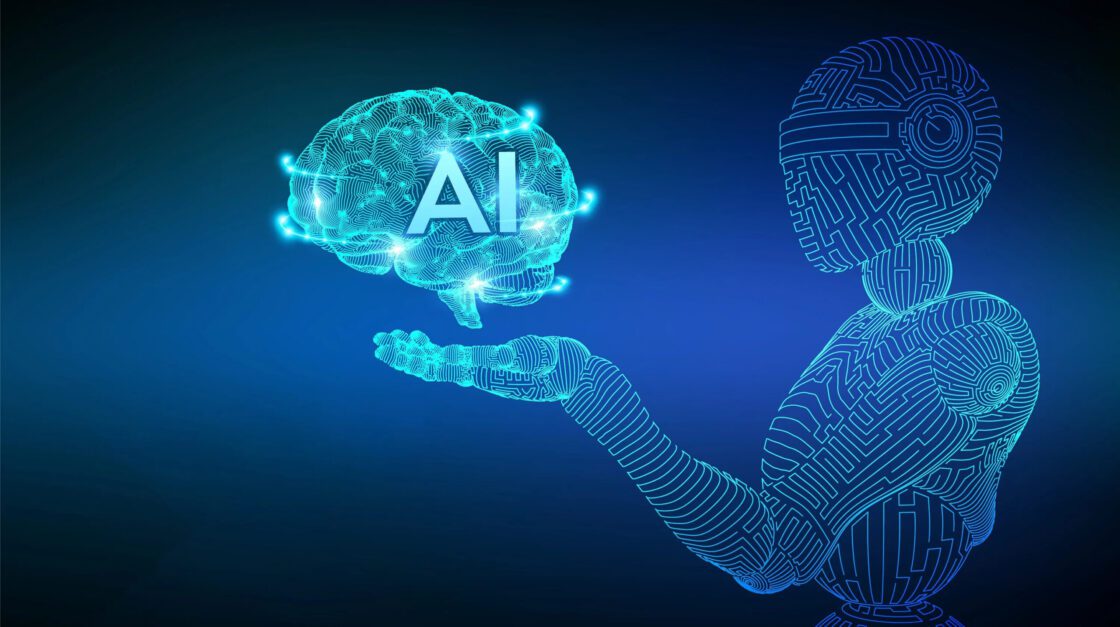In the digital space, all organizations compete and are forced to adapt to new AI-assisted knowledge models. This implies a new era of co-pilots in different department areas, where digital processes will be reviewed and adapted to hybrid-assisted knowledge models based on Large Language Model systems.

LLM Systems: Lights and Shadows
The introduction of ChatGPT has triggered a frenzy for investing in and developing new products that showcase the potential of Large Language Models (LLMs).
LLM systems are a type of artificial intelligence algorithm with the potential to revolutionize several industries. For instance, LLMs can enhance customer experience by responding quickly and accurately to customer queries. In addition, LLM systems can help automate tedious manual tasks in industries like healthcare, finance, and law, which could lead to increased efficiency and productivity.
Integrating AI into customer-facing applications, such as Microsoft Dynamics 365 Copilot, enables businesses to offer a hyper-personalized experience. These models, which learn from previous data to generate fresh content, are driving Microsoft’s new co-pilot in conjunction with other corporate and application data.
Despite the potential, concerns about ethical implications, confidentiality and data usage have arisen. While transparent data usage policies are being implemented, there is still some apprehension. LLMs such as ChatGPT have the ability to self-refer, which means that any information you input into the model is absorbed and stored for future use. If you provide the model with private information, it could potentially share this information with others as an answer to a question, posing a significant privacy concern.
AI Co-Pilots: Eliminating the Void of Lost Information
Even though we’re good at documenting our things, we often have a hard time keeping track of them. Many organizations face a significant challenge called “data sprawl” that can lead to problems such as inefficiencies, duplicated efforts, and miscommunication.
As Marc Alcón, CEO of Latinia, states, “I think the first conscious adaptation stage should begin with the management of internal departmental knowledge. Here, several services and tools emerge to facilitate secure and private access to these technologies in corporate data. These tools can revolutionize current access models to company information.”
What are the areas where AI co-pilots could assist in the management of internal knowledge?
- Internal communication: Emails (which may raise privacy concerns), instant messages, and meeting transcripts can offer valuable insights into company culture, language, and collaboration patterns.
- Technical documentation: Training the AI model on internal technical documents like user manuals and API documentation.
- Project / Product management data: Including information from project management tools, such as task descriptions, timelines, and progress updates.
- Knowledge base articles: Incorporating content from internal wikis and knowledge bases
- Customer support interactions: Training the model on customer support tickets, chat logs, and resolution notes can significantly drive down the time it takes to service customers and also increase the quality of the interaction assuming that 90% of the customers probably have the same problems.
Adding automation can create a powerful tool that is even more effective than chatbots alone. The ultimate goal is to have AI-assisted support agents that strike the perfect balance between automation and human interaction.
“Some organizations will require a process of redefinition and curation of their internal content,” claims Marc Alcón. “It is necessary to renew the core content to be optimally compatible with recent LLM models, improving the hybrid cognitive experience of user areas. This will allow them not to require more complex fine-tuning processes or become the latest trend in prompt engineering work.”
Categories: Marketing & Sales

